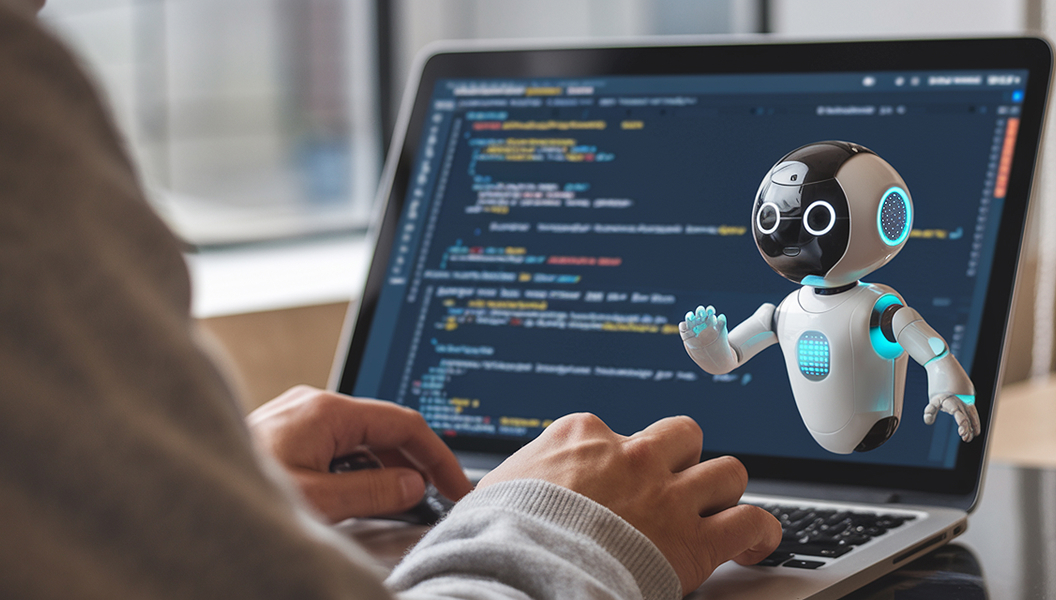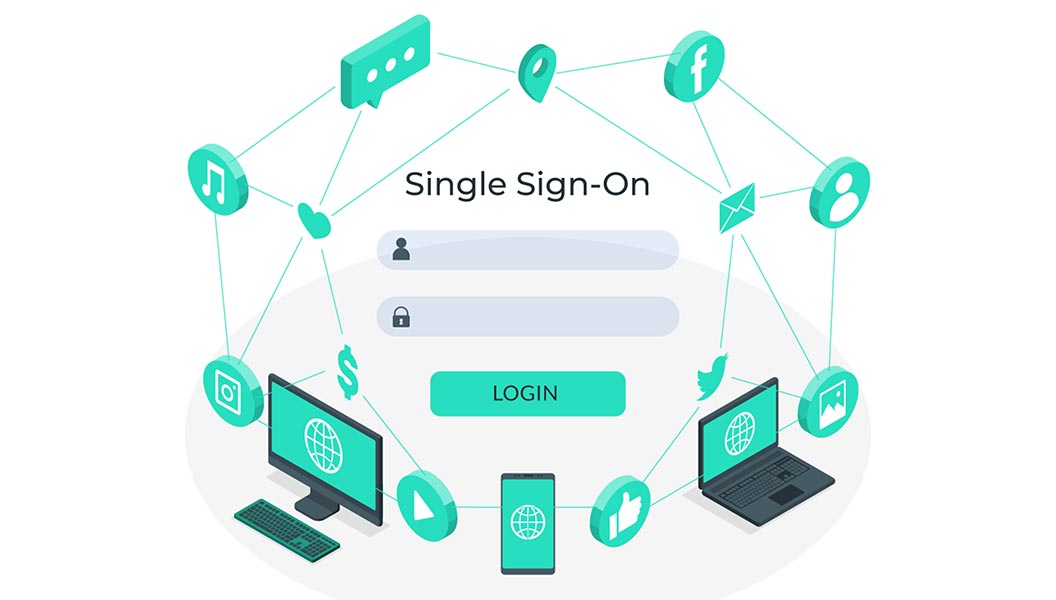The Challenge: Maintaining Excellence at High Velocity
Most development teams rely on Git, the widely adopted distributed version control system that tracks every code change with precision. Built on top of Git, GitLab introduces a collaborative layer through its web-based interface, where changes are submitted as Merge Requests (MRs). Each MR serves as a structured review unit: contributors submit proposed changes, while reviewers examine, comment on, and discuss the modifications in threaded conversations. Only after this peer review can changes be merged into the main codebase.
In teams that prioritize code quality, every merge request (MR) acts as a final quality gate – a critical checkpoint before integration. However, as development cycles accelerate, even high-performing teams face growing challenges. Subtle mistakes such as a leftover debug log, an accidentally committed API key, or a poorly optimized database query can silently slip through. These oversights, if unaddressed, accumulate into technical debt and introduce potential security or performance risks.
Moreover, the process of identifying and repeatedly explaining these issues places a cognitive and operational burden on reviewers. Over time, this can erode focus and reduce the effectiveness of the review process, especially under time pressure. Maintaining a robust review culture at scale requires tools and practices that augment human oversight, ensuring consistency without compromising velocity.
The Solution: An AI Assistant That Reviews and Educates
To relieve pressure on reviewers and boost code quality, we built and integrated our tool: the RAA AI GitLab Assistant. It’s a self-hosted bot that utilizes large language models, automatically joining every Merge Request discussion and contributing in seconds.
What it does:
- Scans the diff and returns a verdict. Critical issues block the merge until resolved.
- Suggests improvements when no vulnerabilities are found, offering tips to make the code cleaner and easier to understand.
- Answers developer questions on demand. Tag the bot in a comment, and it responds in plain English, explaining why the warning matters, what risk it poses, and how to improve the code.
Beyond Automation: A Collaborative Teammate
The assistant contributes far more than rote checks:
- All-round quality gate: flags security issues while reinforcing coding standards and best practices.
- Faster, clearer reviews: offloads routine comments to the bot, allowing human reviewers to focus on architecture instead of nitpicks.
- Built-in mentorship: transforms feedback into teachable moments, especially valuable for onboarding or upskilling junior engineers.
- Private by design: runs entirely within our infrastructure. No external SaaS, no risk of data leakage.
- Dependable & consistent: deterministic settings ensure verdicts remain stable from commit to commit.
- Context-aware: dynamically adapts its scope – from quick hotfixes to full feature branches, without losing the big picture.
- Always up to date: automatically re-checks each new commit, keeping feedback current without manual nudges.
The Results So Far
During the pilot, the assistant acted as an additional safety net, catching issues such as unintentionally exposed credentials or potential XSS paths, and suggested hundreds of small improvements that boosted performance and readability. With those routine checks offloaded to the bot, reviewers could devote more attention to high-level architectural conversations.
Final Thoughts
The RAA AI GitLab Assistant isn’t just a code review automation tool.
It’s a step toward a stronger engineering culture, one focused on quality and continuous learning.
It catches bugs, promotes best practices, and helps teams write better, safer code faster.
No extra meetings. No data leaks. Total control. Fully within your infrastructure.


